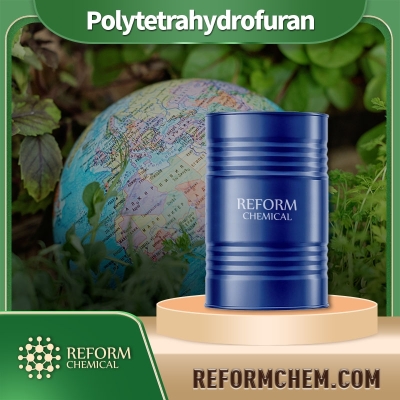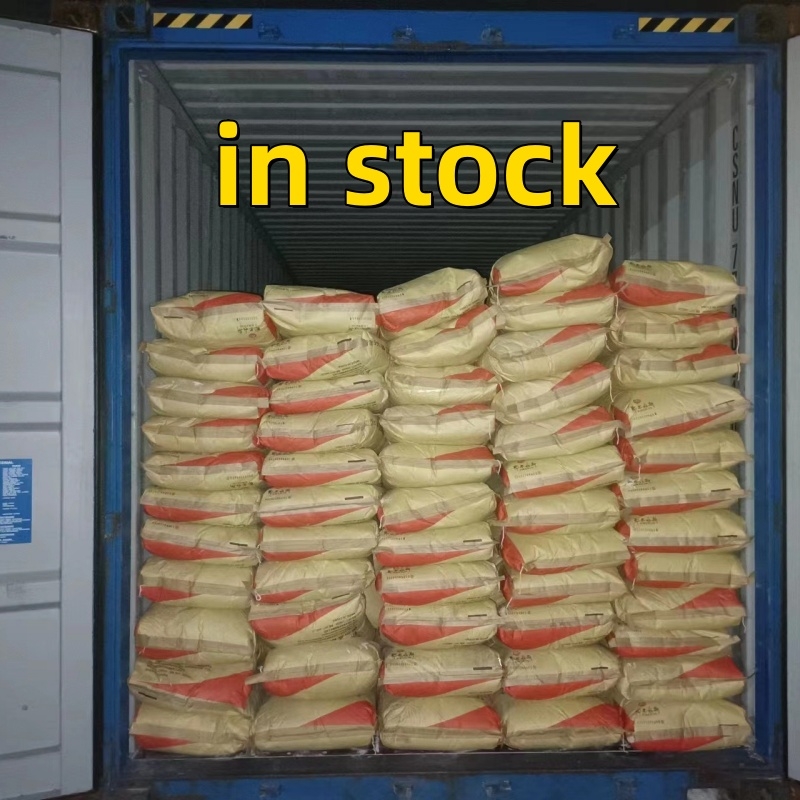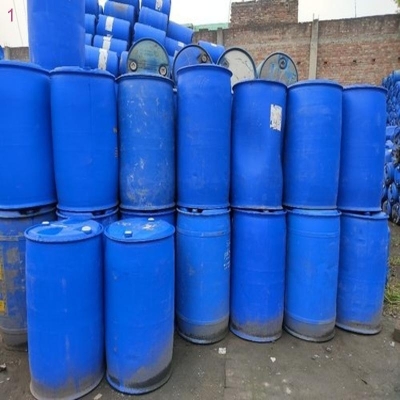-
Categories
-
Pharmaceutical Intermediates
-
Active Pharmaceutical Ingredients
-
Food Additives
- Industrial Coatings
- Agrochemicals
- Dyes and Pigments
- Surfactant
- Flavors and Fragrances
- Chemical Reagents
- Catalyst and Auxiliary
- Natural Products
- Inorganic Chemistry
-
Organic Chemistry
-
Biochemical Engineering
- Analytical Chemistry
-
Cosmetic Ingredient
- Water Treatment Chemical
-
Pharmaceutical Intermediates
Promotion
ECHEMI Mall
Wholesale
Weekly Price
Exhibition
News
-
Trade Service
According to Dow Jones on October 17, at the Argus Global Raw Materials Summit in Geneva on Wednesday, a senior trader said that refiners and shipping companies face the biggest regulatory change
to date as the International Maritime Organization (IMO) rules from 2020 to significantly reduce the sulfur content of ship fuels from the current 3.
5% to 0.
5% are gradually approaching.
Therefore, refineries need to respond to reduce the supply of high-sulfur fuel oil on the market, while increasing the supply
of low-sulfur distillates such as diesel.
Fuel companies will need to change their fuel blending strategies, and the shipping industry will need to deal with increased
fuel costs.
The trader said shipping companies could choose to buy fuel products with a sulphur content of 0.
5 percent, install scrubbers or use alternative fuels such as liquefied natural gas to comply with the new rules
.
At the same time, IMO 2020 will be "one of the biggest changes in the refining industry in decades, affecting almost all fuel yield factors" or demand
of about 3.
5 million to 4 million barrels per day.
According to Dow Jones on October 17, at the Argus Global Raw Materials Summit in Geneva on Wednesday, a senior trader said that refiners and shipping companies face the biggest regulatory change
to date as the International Maritime Organization (IMO) rules from 2020 to significantly reduce the sulfur content of ship fuels from the current 3.
5% to 0.
5% are gradually approaching.
Therefore, refineries need to respond to reduce the supply of high-sulfur fuel oil on the market, while increasing the supply
of low-sulfur distillates such as diesel.
Fuel companies will need to change their fuel blending strategies, and the shipping industry will need to deal with increased
fuel costs.
The trader said shipping companies could choose to buy fuel products with a sulphur content of 0.
5 percent, install scrubbers or use alternative fuels such as liquefied natural gas to comply with the new rules
.
At the same time, IMO 2020 will be "one of the biggest changes in the refining industry in decades, affecting almost all fuel yield factors" or demand
of about 3.
5 million to 4 million barrels per day.







